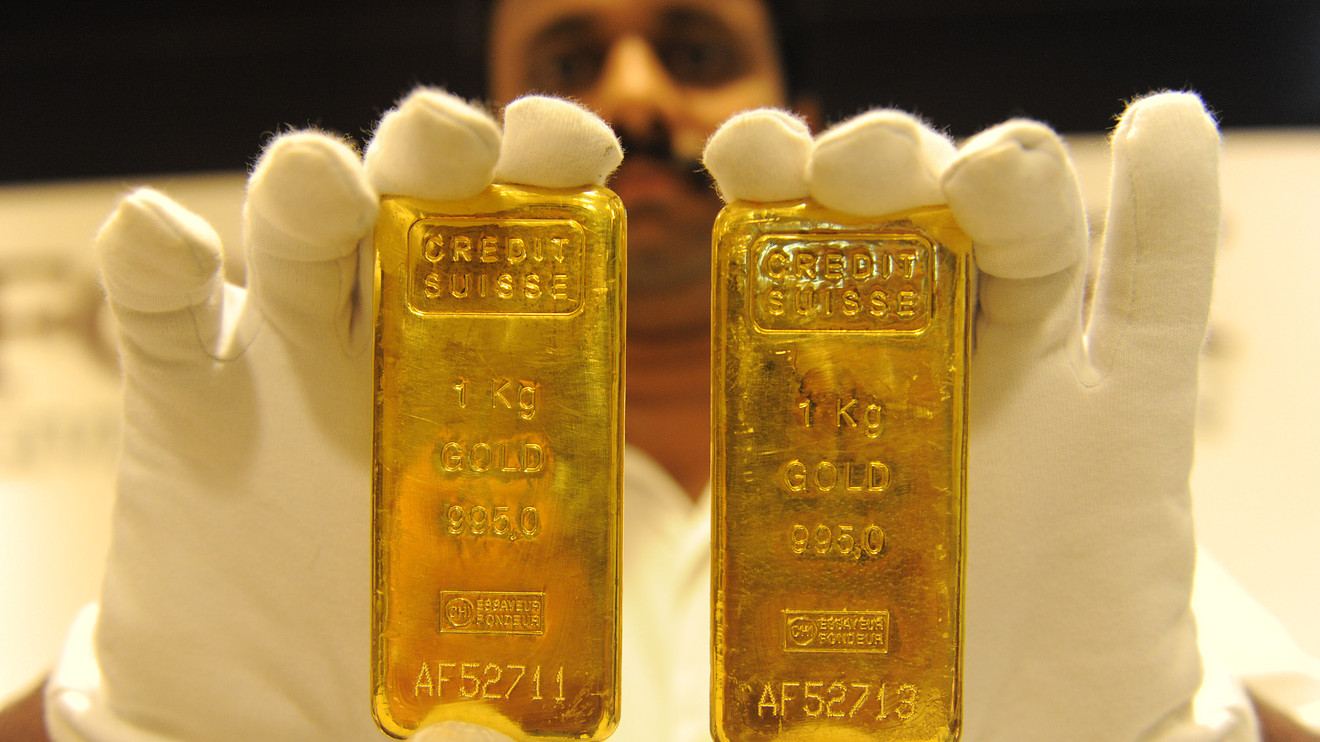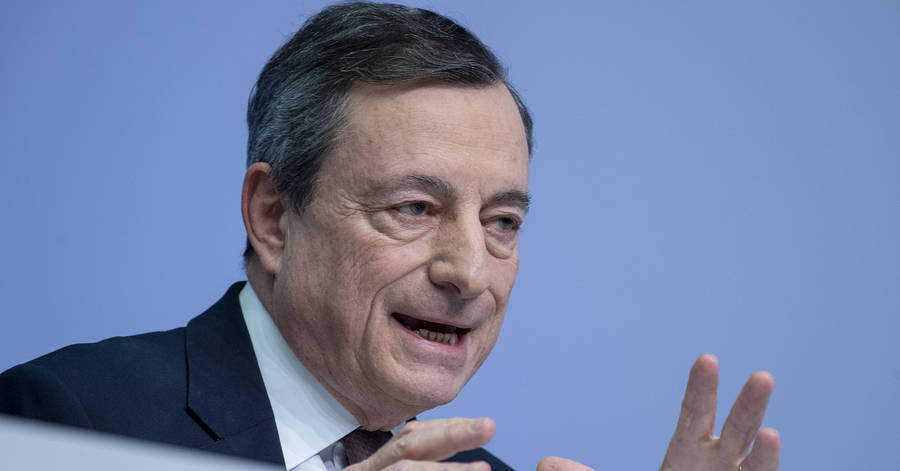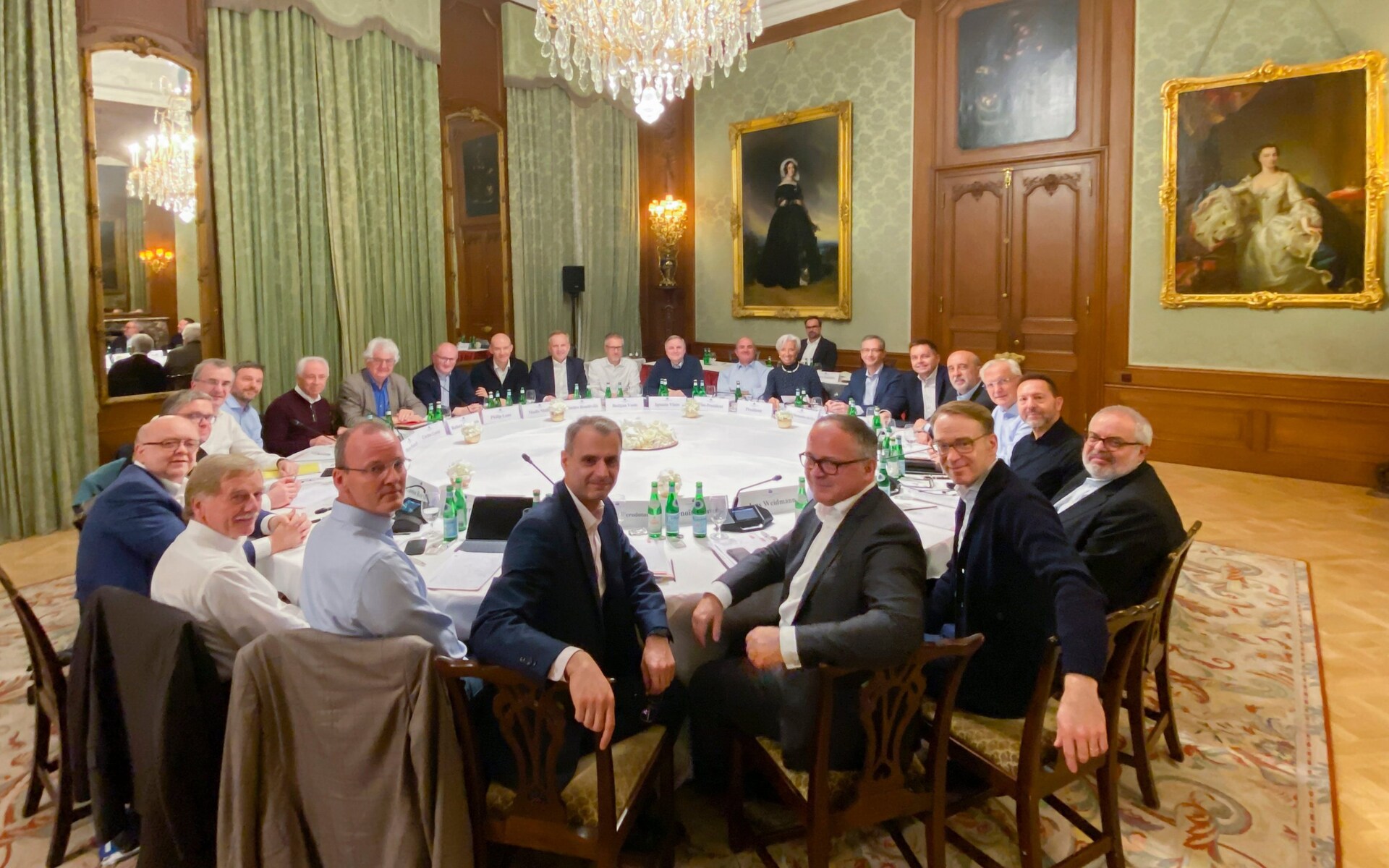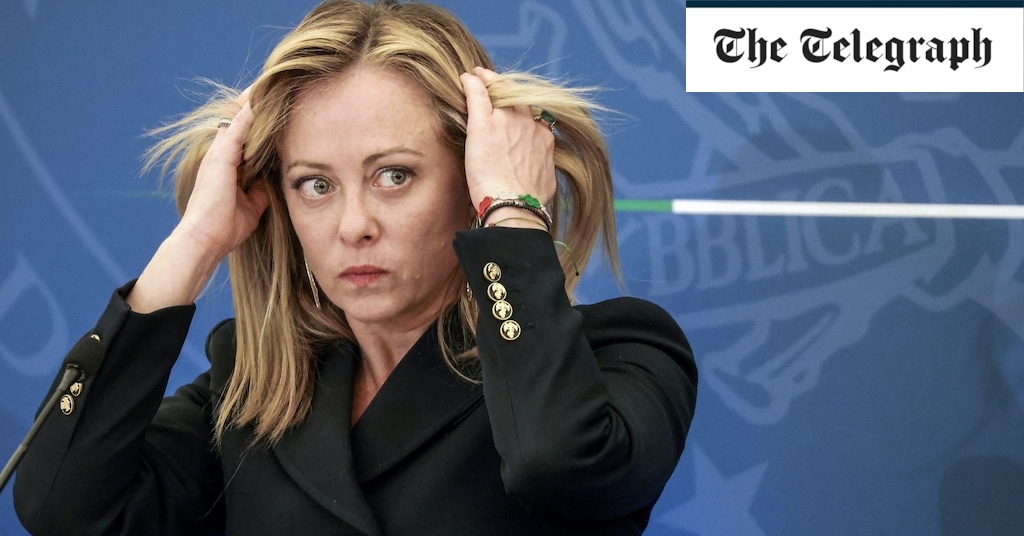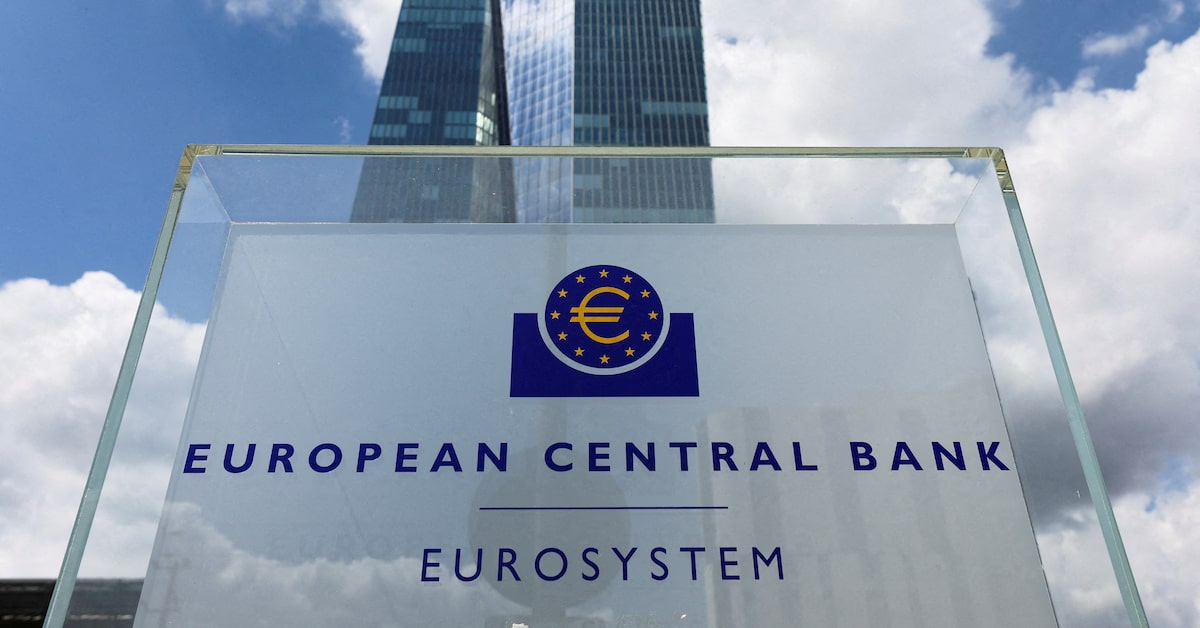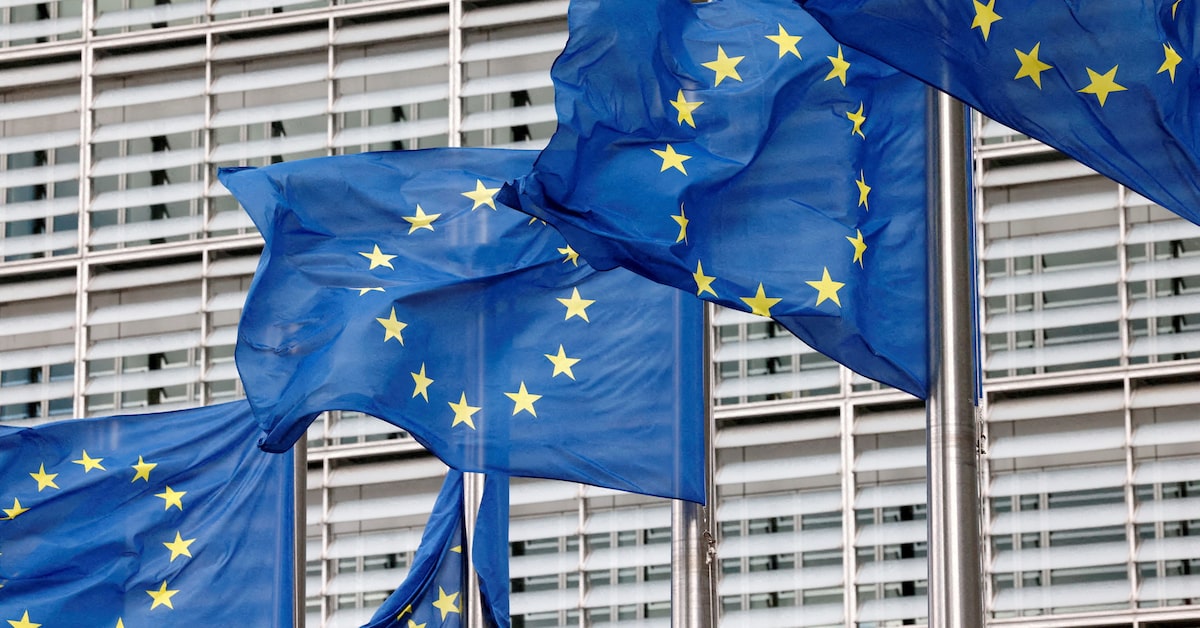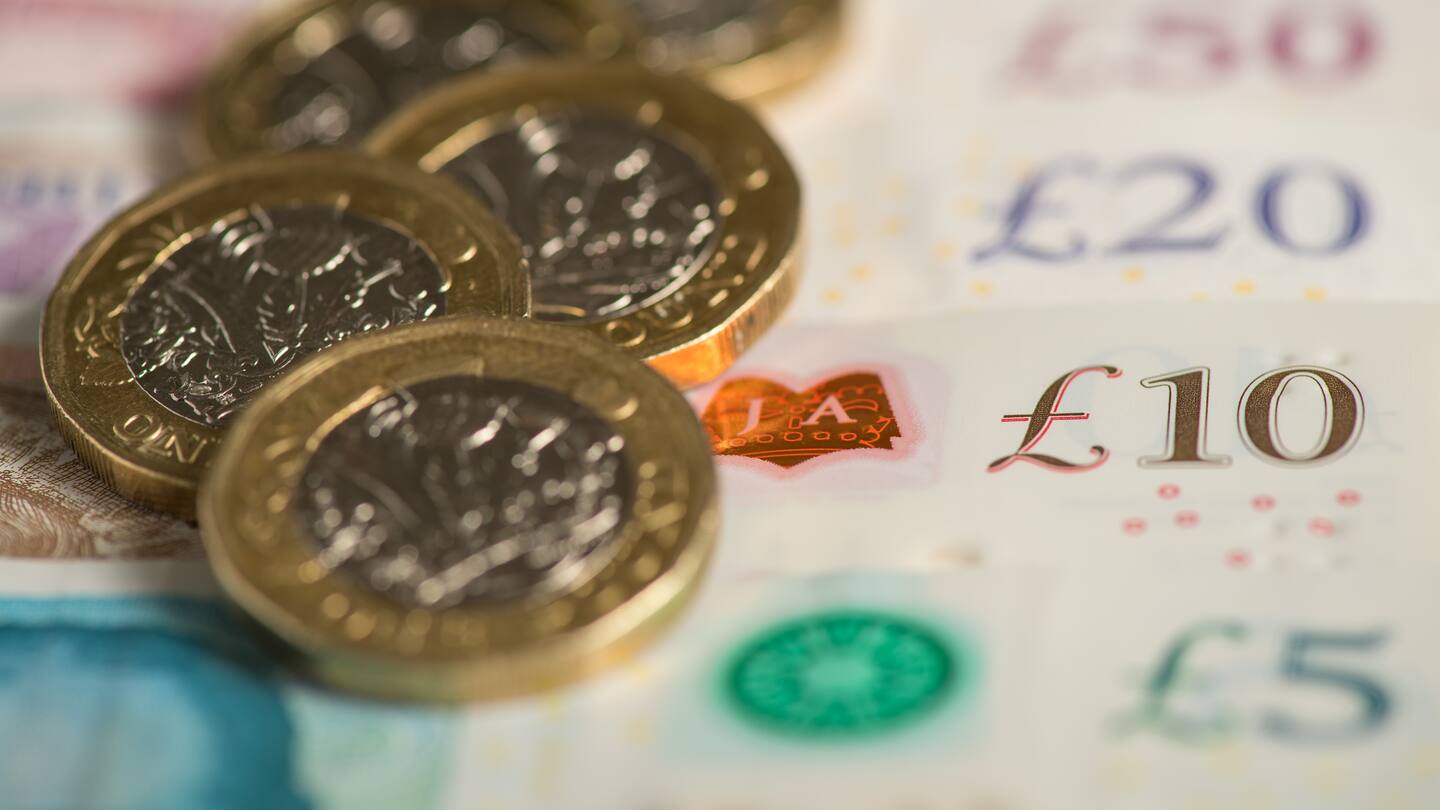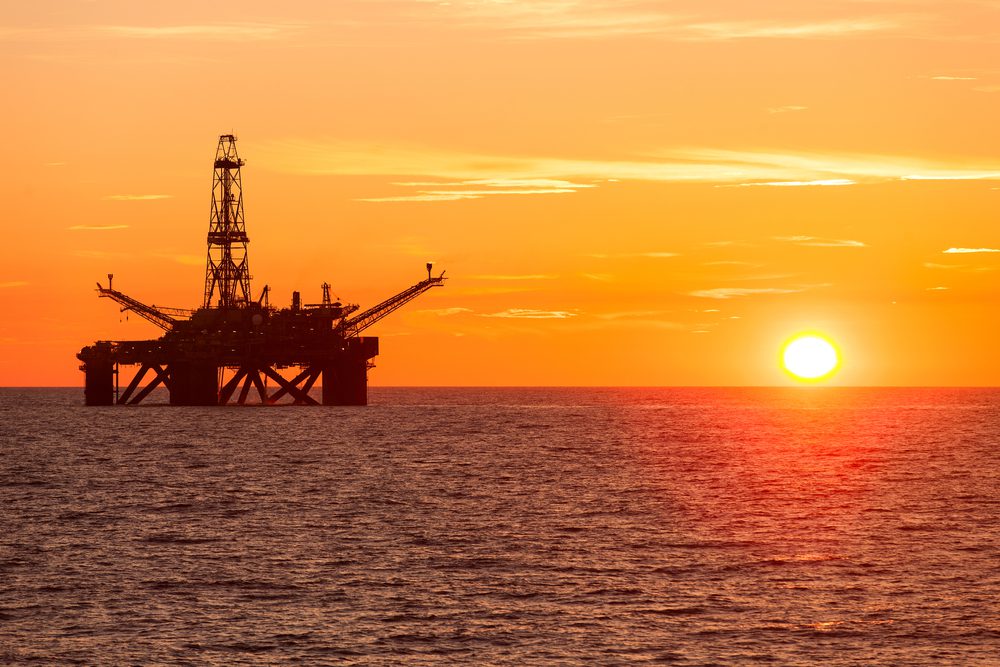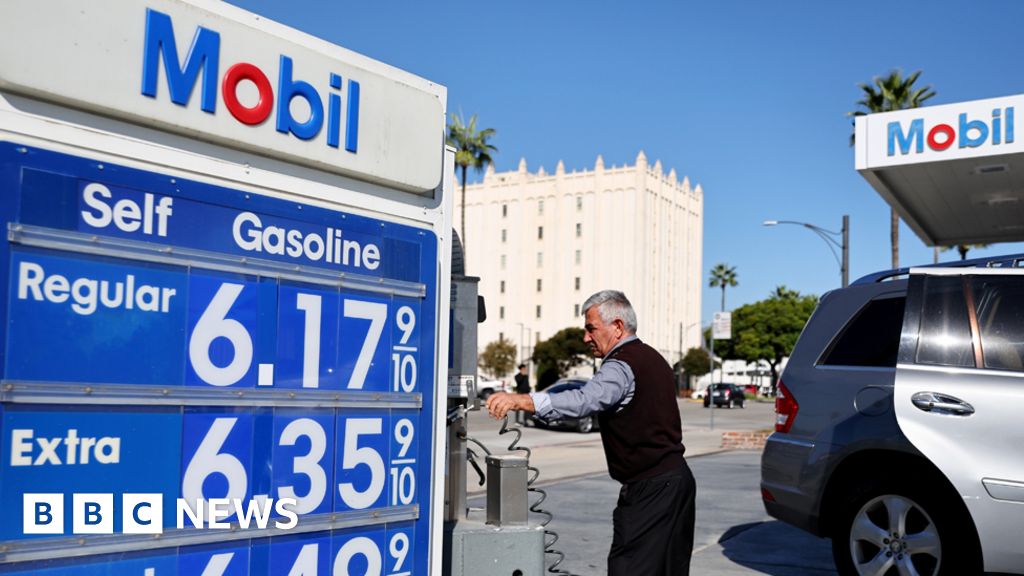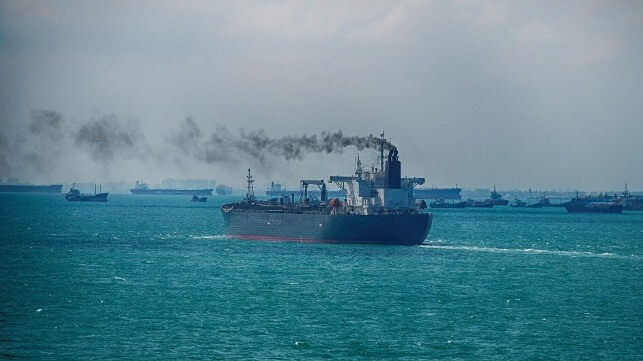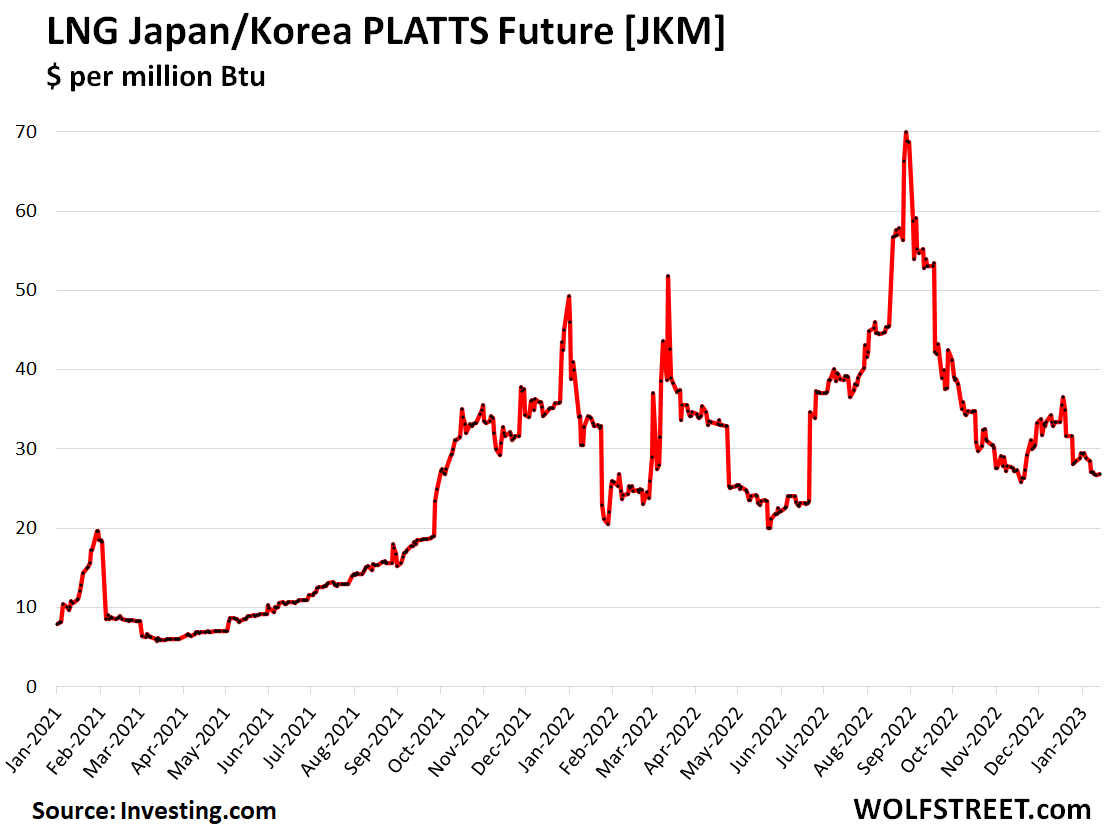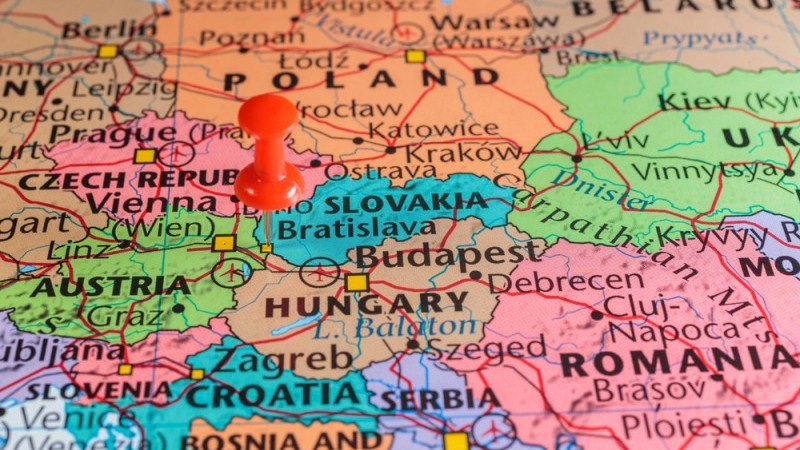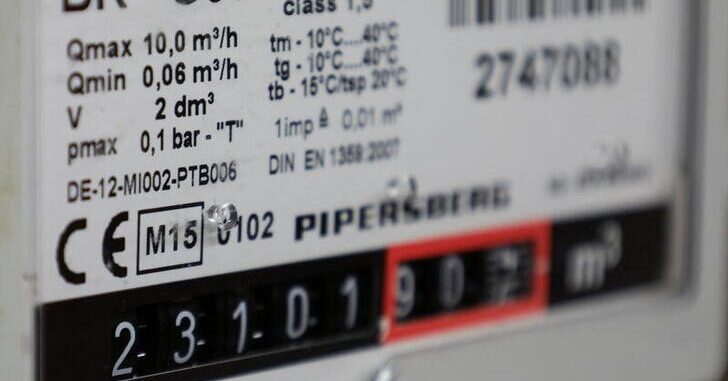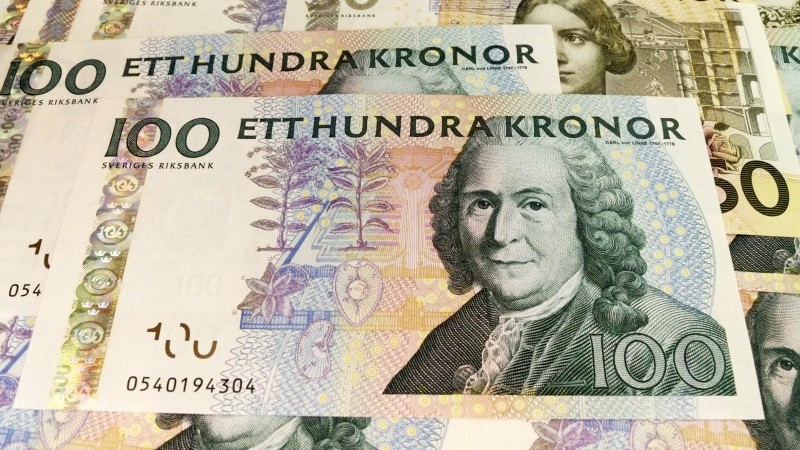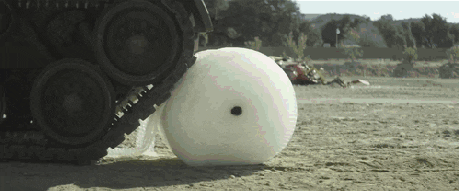Carmen Reinhart said:...
We’ve not mentioned Italy, and that brings us to the euro zone. This is very, very destructive within the euro zone. If it drags on, the forces that are pulling the euro zone apart are going to grow stronger and stronger.
...
I actually wanted to go back to the Italy issue. If you look back to 2008-09, nearly everybody had a banking crisis. But a couple of years later, the focus had moved from the banking problem to the debt problem. And it was the peripheral Europe debt problem with Portugal, Ireland, Iceland—most notoriously Greece—having the largest, by a huge margin, IMF programs in history. I would point out that Greece, Ireland, and Portugal combined are a little over a third of Italian GDP. And if there’s a shakeout that involves concerns about Italy’s growth, then we could have a transition again from the focus on the Covid-19 crisis this time to a debt crisis. But Italy, as I said, is on a different scale than the peripheral countries that got into the biggest trouble in the last crisis. It potentially also envelops Spain. So I think that if you were to ask me about an advanced economy debt issue, I think that is where it is most at the forefront.
...
https://www.bloomberg.com/news/feat...ts-this-time-really-is-different?srnd=premium

